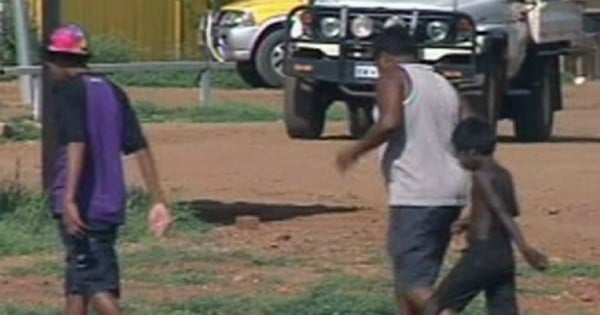
The rate of suicide among young Indigenous men is the highest in the world, according to a new report highlighting the challenges facing young Australians.
The first ever Australian Youth Development Index (YDI) was compiled as part of International Youth Day.
The index helps formulate youth development policy in the domains of education, health and wellbeing, employment as well as political and civic participation, measured across 16 key indicators.
It rates a state or territory’s performance with a score between zero and one, with one being a perfect score.
Among the reports findings were alarming statistics on youth suicide, which showed Aboriginal and Torres Strait Islander men between 25 and 29 had the highest suicide rates in the entire world.
“What that says is that we as a country are failing that particular group of young men,” Youth Action chief executive Katie Acheson said.
“When we look at all the countries that are measuring suicide rates it is shocking that Aboriginal males are so stigmatised and that number is so high.
“We have to do something now.”
The index found Tasmania and Queensland recorded an increase in suicide rates despite national rates remaining steady.


Top Comments
A truly appalling situation that needs urgent action.